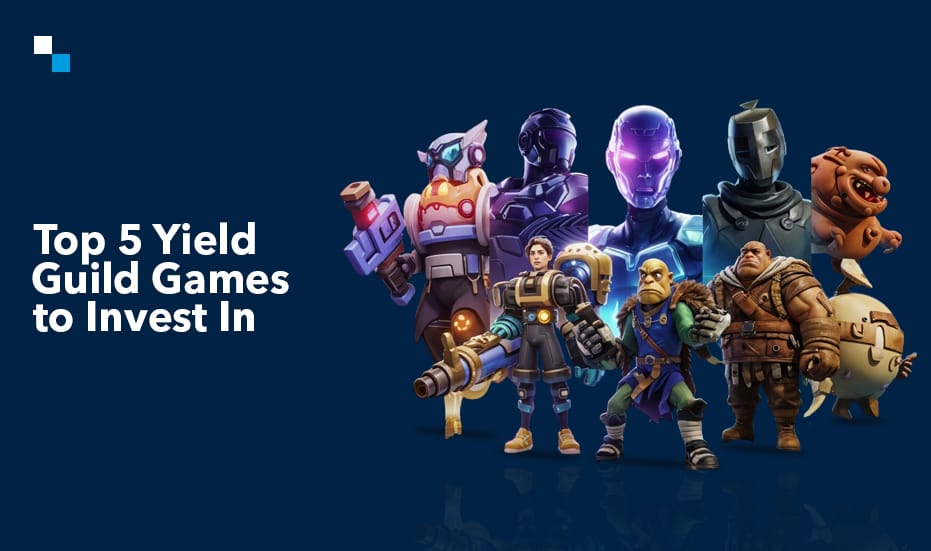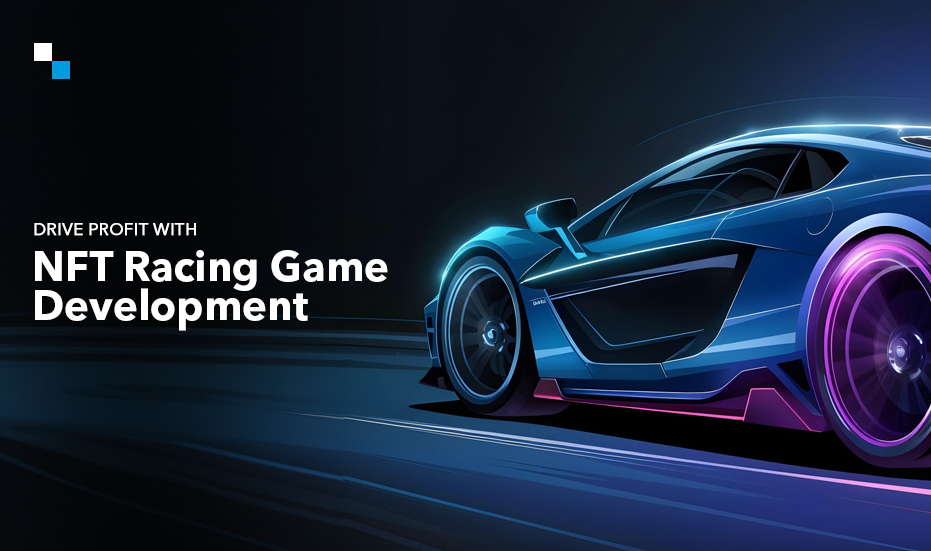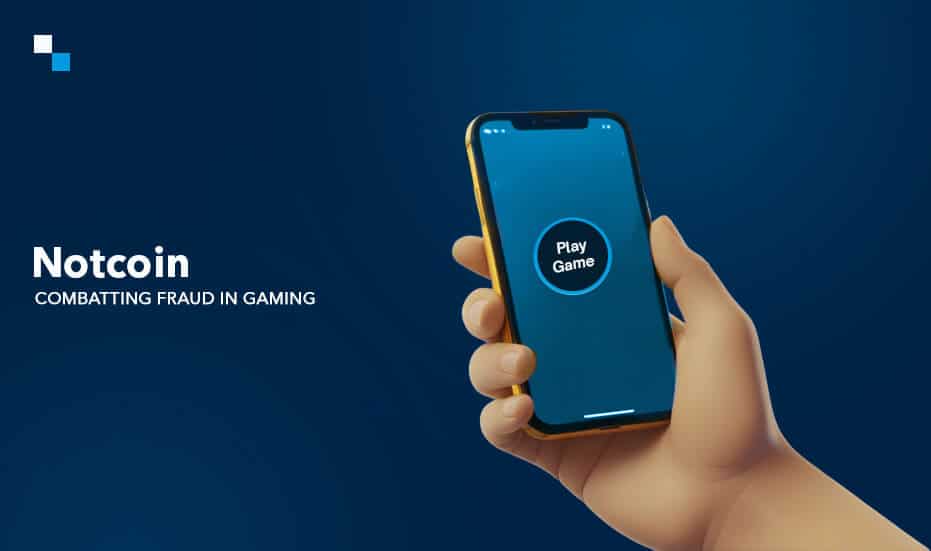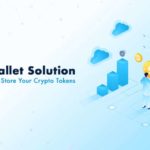
DeFi Wallet Vs Custodian Exchange Wallet – The Better Pick to Store Digital Assets
May 4, 2021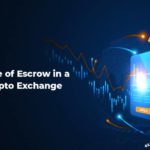
How do P2P Escrow Services of Crypto Exchange Protect Users from Scammers?
May 6, 2021A Non-Fungible Token or an NFT is a token that identifies something unique on a blockchain. Effectively, NFTs are being used to represent digital collectibles, lottery tickets, sports matches, and other such items. While the non fungible token development offers amazing possibilities, the tokens do need a proper standard to define what they are actually capable of doing. ERC-721 is the first NFT standard that was developed in 2018. It implements API for tokens within a smart contract, helping people to interact with the token and receive proof of interaction too.
What is ERC-721?
ERC-721 is an Ethereum standard used in non fungible token development. It ensures the token is non-fungible or unique. Moreover, it can come from the same smart contract and yet have a different value because of its age or rarity.
What ensures an NFT is unique?
An NFT smart contract has a token ID which is defined by a uint256 variable. For any ERC-721 smart contract, it is important that the uint256 token ID must be globally unique. This token ID is used as an input by the dApp which uses a converter to get the output of the token as a digital collectible item like a CryptoKitty.
These token IDs are also known as NFT Identifiers and they do not change for the life of the smart contract.
How is an NFT transferred?
ERC-721 provides a standard safe transfer function. This function, known as safe Transfer From, is used during non-fungible token platform development to categorize a safe and unsafe transfer. The NFT Transfers can only be initiated by:
• Someone who owns the NFT
• Someone who holds an approved address of the NFT or
• Someone who is an authorized operator for the actual owner of the NFT
To authorize an operator, one needs to set the approved address. This comes across as a very powerful method that supports the development of wallet, broker, and auction applications.
Does the token standard define the minting and burning of NFTs?
The creation of NFTs is known as minting and destroying the NFTs is termed as burning. The minting and burning are not defined by the ERC-721 token standard. But the non-fungible token platform development service provider must implement these using different methods.
What are other NFT standards?
• ERC-1155
ERC-1155 is another very popular NFT standard. It was created by Enjin and became an official token standard for NFTs. Interestingly, it is a multi-asset token standard that can be used to create both fungible and non-fungible assets on Ethereum. Just like ERC-721, ERC-1155 also uses the Ethereum network, which ensures the tokens developed using these standards are secure, tradable, and protected against hacking.
While it supports the creation of multiple assets, it also saves transaction costs. Along with that, the developers can build escrow/atomic swaps of multiple tokens using ERC-1155. The standard eliminates the need to separately approve individual token contracts. In addition to that, both fungible and non-fungible tokens can be described in the same contract using this standard. As a result, it supports safer and efficient trade of tokens.
• ERC-998
ERC-998 is basically an extension of the ERC-721 standard and takes the NFT standard a step ahead. It makes the non-fungible tokens capable of owning other NFTs and ERC-20 tokens. It can also be regarded as a portfolio of digital assets. NFTs that implement ERC998 automatically implement ERC-721.
Under the ERC-998 token standard are 4 different token standards, including the following:
◦ ERC998ERC721 (Top-down composable)
These ERC998 tokens receive, hold, and transfer ERC721 tokens.
◦ ERC998ERC20 (Top-down composable)
These tokens receive, hold, and transfer ERC20 tokens
◦ ERC998ERC721 (Bottom-up composable)
These tokens attach themselves to other ERC721 tokens.
◦ ERC998ERC20 (Bottom-up composable)
These tokens attach themselves to ERC20 tokens.
To wrap
Well before coming to the point of development of a non-fungible token, it is very important to understand which token standard can help you garnish your business.
Antier Solutions holds years of expertise in the development of tokens across multiple standards. Our blockchain developers understand how to develop tokens that suit your business dynamics. In addition to non fungible token development, we specialize in building non-fungible marketplace and wallets.
Connect with our subject matter experts to share your business needs.

